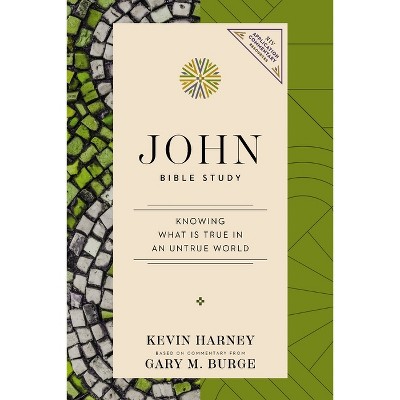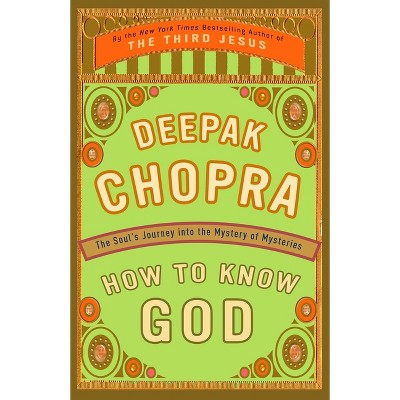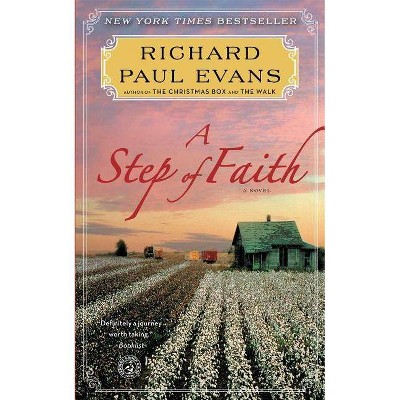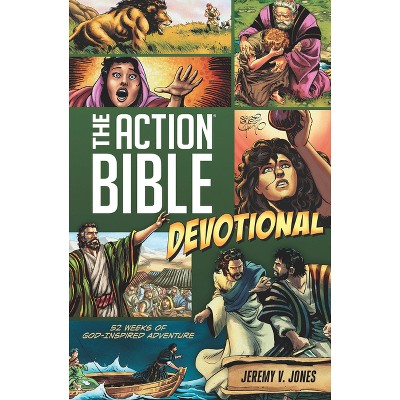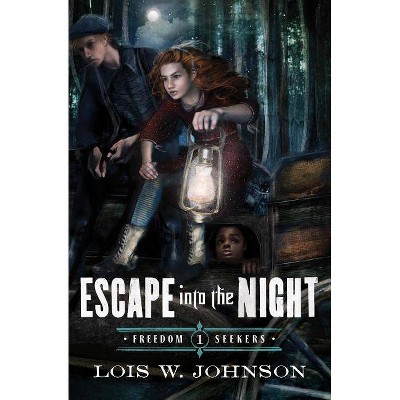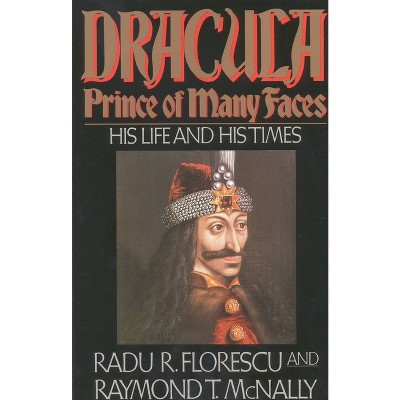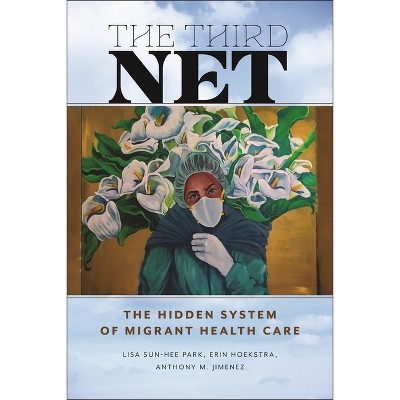Sponsored

Faces of the Gods - (Society) by Leslie G Desmangles (Paperback)
In Stock
Sponsored
About this item
Highlights
- Vodou, the folk religion of Haiti, is a by-product of the contact between Roman Catholicism and African and Amerindian traditional religions.
- Author(s): Leslie G Desmangles
- 240 Pages
- Religion + Beliefs,
- Series Name: Society
Description
About the Book
Faces of the Gods: Vodou and Roman Catholicism in HaitiBook Synopsis
Vodou, the folk religion of Haiti, is a by-product of the contact between Roman Catholicism and African and Amerindian traditional religions. In this book, Leslie Desmangles analyzes the mythology and rituals of Vodou, focusing particularly on the inclusion of West African and European elements in Vodouisants' beliefs and practices.
Desmangles sees Vodou not simply as a grafting of European religious traditions onto African stock, but as a true creole phenomenon, born out of the oppressive conditions of slavery and the necessary adaptation of slaves to a New World environment.
Desmangles uses Haitian history to explain this phenomenon, paying particular attention to the role of the seventeenth- and eighteenth-century maroon communities in preserving African traditions and the attempts by the Catholic, educated elite to suppress African-based "superstitions." The result is a society in which one religion, Catholicism, is visible and official; the other, Vodou, is unofficial and largely secretive.
From the Back Cover
Vodou, the folk religion of Haiti, is a by-product of the contact between Roman Catholicism and African and Amerindian traditional religions. In this book, Leslie Desmangles analyzes the mythology and rituals of Vodou, focusing particularly on the inclusion of West African and European elements in Vodouisants' beliefs and practices. Desmangles sees Vodou not simply as a grafting of European religious traditions onto African stock, but as a true creole phenomenon, born out of the oppressive conditions of slavery and the necessary adaptation of slaves to a New World environment. Many observers have referred to such New World religions as fusions of religious practices. Desmangles instead uses the concept of symbiosis, which he defines as the juxtaposition of diverse religious traditions, coexisting without fusing. Desmangles uses Haitian history to explain this symbiosis, paying particular attention to the role of the seventeenth- and eighteenth-century maroon communities in preserving African traditions and the attempt by the Catholic, educated elite to suppress African-based "superstitions". The result is a society in which one religion, Catholicism, is visible and official; the other, Vodou, is unofficial and largely secretive. Both religions continue to play a part in Haitian politics, and Desmangles chronicles the role of Vodou and Catholicism in the fall of Jean-Claude Duvalier and the rise of Father Jean-Bertrand Aristide.Review Quotes
"An accessible, comprehensive overview of the folk religion of Haiti known as Vodou that takes into account the tremendous variety of religious forms as well as outside influences on the religion. . . . Vital for students of African American and Caribbean religions, but also of interest to anthropologists, political scientists, and historians of religion. Highly recommended." -- CHOICE
"Desmangles has made a significant contribution to providing a scholarly understanding of Vodou. He has shown Vodou to be a well-developed, vibrant folk religion that has played and continues to play a major role in the religious lives of the common people of Haiti. . . . Professors of sociology, anthropology, and religion would be wise to give this book serious consideration for adoption in either graduate or undergraduate courses that deal with folk religion." -- Sociology of Religion
"The first comprehensive overview of Vodou in the twentieth century that takes into account the tremendous variety of religious forms and influences within the faith. Drawing from first-hand fieldwork in Haiti and the Republic of Benin, the author recognizes Vodou's continuities and discontinuities with the African past. Vital for students of African-American religions, but also of interest to anthropologists, political scientists, sociologists and historians of religion. Likely to be the authoritative study on this topic for years to come." -- Stephen D. Glazier, University of Nebraska at Kearney
Shipping details
Return details
Trending Non-Fiction





